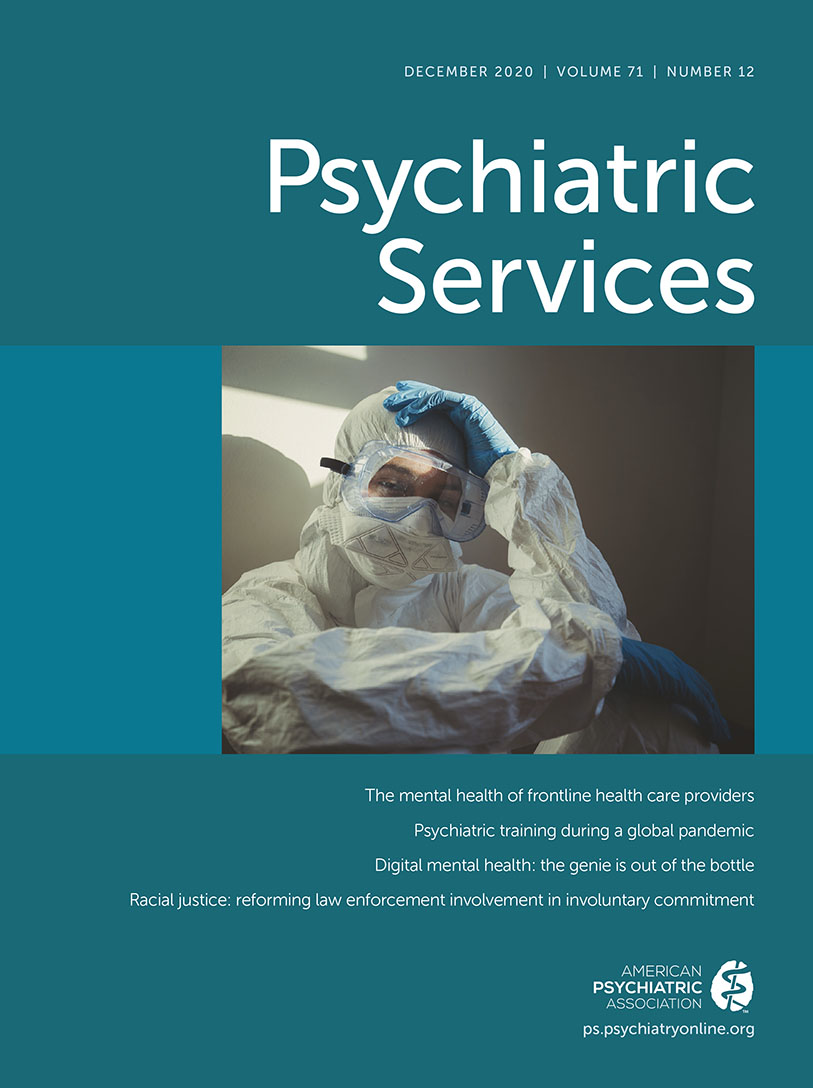Psychedelic Psychiatry: Preparing for Novel Treatments Involving Altered States of Consciousness
Abstract
The past decade has seen a renaissance of research interest into the psychotherapeutic potential of psychedelic compounds. In 2019, Oakland and Denver became the first two jurisdictions in the United States to decriminalize the possession of psychedelic-containing organisms. As research and public policy continue to evolve, it becomes increasingly plausible that psychedelics will become viable treatment options for psychiatric conditions. Psychiatrists should be integral to models of psychedelic prescription and patient management. The risk for adverse psychological and medical effects from psychedelic sessions necessitates psychiatric supervision. The literature on psychedelic-assisted psychotherapy may provide wisdom regarding practical aspects of managing patients’ treatment sessions.



